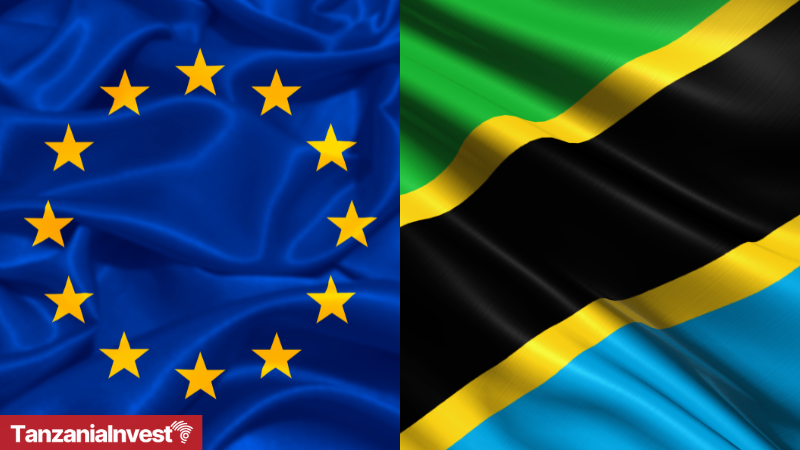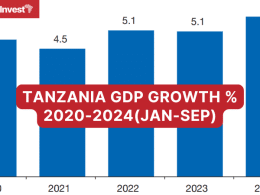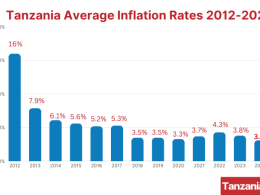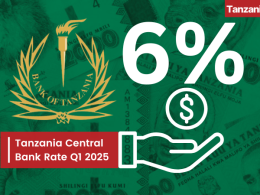The European Union (EU) has announced a grant of approximately TZS 100 billion (EUR 33.12 million) in support the Government of Tanzania’s ongoing sectoral reforms to stimulate economic growth, improve living standards, and enhance the business environment.
The EU’s financial support is a direct response to Tanzania’s efforts to implement critical sectoral reforms, which are expected to have a positive impact on the country’s economy. These reforms are designed to increase transparency, accountability, and efficiency in key sectors, including agriculture, energy, and infrastructure development.
The EU’s contribution will be channeled towards supporting the implementation of these reforms, which are crucial for Tanzania’s sustainable development.
The funds will be utilized to strengthen institutions, build capacity, and enhance the delivery of public services, ultimately leading to improved economic outcomes and better living conditions for the Tanzanian people.
The funding is allocated across five key sectors, each of which is crucial for the country’s growth and stability, are
1.Blue Economy: Developing a climate-resilient blue economy along Tanzania’s coastal regions, including Zanzibar and the Indian Ocean. The funds will support governance reforms, capacity building, and enhance inter-ministerial coordination. The Ministry of Finance and the Vice President’s Office for Environment will lead this effort.
2. Green and Smart Cities: Focused on promoting sustainable urban development in Mwanza, Tanga and Pemba, this support aims to improve living standards by enhancing environmental sustainability, creating economic opportunities, and improving public services, especially for women and youth.
3. Gender: Dedicated to advancing gender equality and empowering women and girls, the funding will seek to address gender-based violence, promote economic empowerment, and support women’s participation in leadership and decision-making processes.
4. Digital4Tanzania: Aiming to leverage digitalization for economic growth and improved public services, it includes expanding the Tanzania Government Communications Network and enhancing cybersecurity measures, in line with the Personal Data Protection Act.
5. Finance for Growth: Focused on improving fiscal governance and access to finance. It will enhance domestic resource mobilization, support financial market infrastructure, and promote public-private dialogue, particularly benefiting Micro, Small, and Medium Enterprises, notably in favor of women and youth.
The EU’s support is expected to have a multiplier effect on the economy, attracting more investments, creating jobs, and increasing economic opportunities for Tanzanians.
“We are pleased to continue our support for Tanzania’s growth and development. These funds are not just an investment in the present but a commitment to the country’s future,” said Christine Grau, EU Ambassador to Tanzania, adding, “By focusing on areas such as the Blue Economy, urban development, gender equality, digitalization, and financial growth, we are helping to build a more resilient and prosperous Tanzania.”
The EU’s support to Tanzania is part of its broader commitment to promoting economic development, peace, and stability in the region. The EU remains a key partner for Tanzania, providing significant development assistance and supporting the country’s integration into the global economy.










